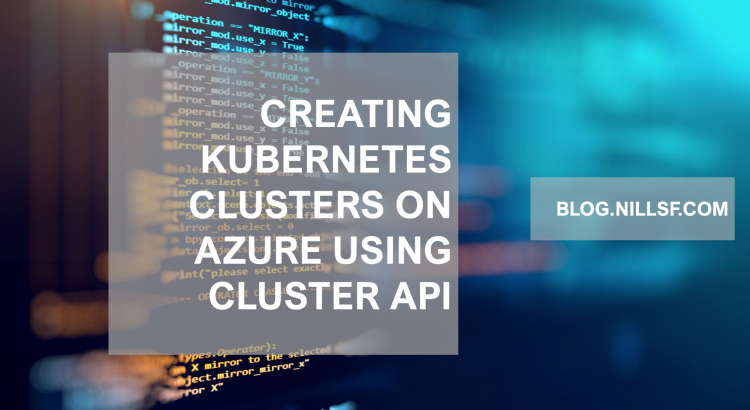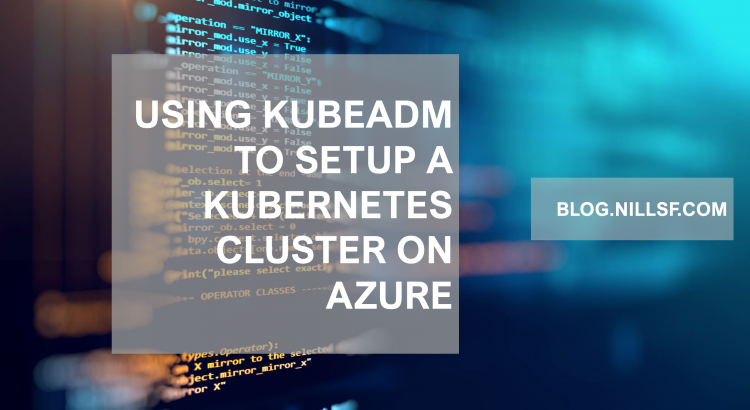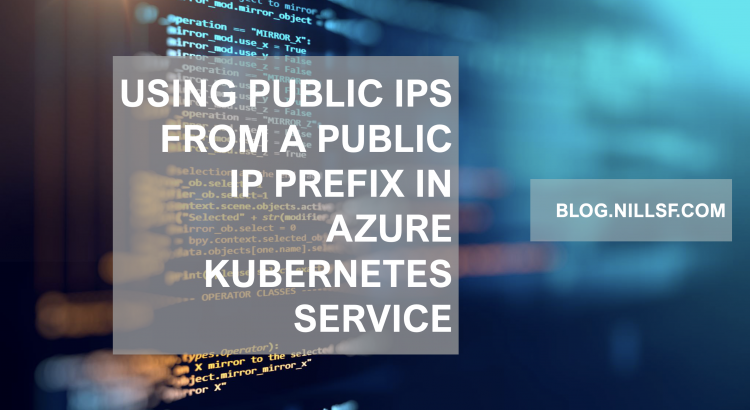When a pod in Kubernetes needs to start, the images for the containers in that pod need to be downloaded to the node first. Depending on image sizes, this can take up to a few minutes if you have large container images which might impact your user’s experience. With the new (currently in preview) feature […]

How to configure LangChain to use Azure OpenAI in Python
I spent some time last week running sample apps using LangChain to interact with Azure OpenAI. Most (if not all) of the examples connect to OpenAI natively, and not to Azure OpenAI. It took a little bit of tinkering on my end to get LangChain to connect to Azure OpenAI; so, I decided to write […]

Creating Kubernetes clusters on Azure using cluster API
Last week, I wrote a post about how to create a Kubernetes cluster on Azure using kubeadm. It wasn’t as hard as Kubernetes the hard way, but it took some time to get everything setup and get all the infrastructure spun up. The goal of this post is to show an easier path to get […]

Setting up Kubernetes on Azure using kubeadm
I’m studying to renew my CKA certification. Part of the CKA certification learning goals is setting up and managing a cluster with kubeadm. The goal of this post is to share how to setup a cluster with kubeadm using VMs running on Azure. The steps that are required here are: Setup Azure infrastructure Setup first […]

Using public IPs from a public IP prefix in Azure Kubernetes Service
When creating a service of type LoadBalancer in AKS, AKS will by default use a random public IP address and configure that on the AKS load balancer. You can however use a static self-managed public IP address as well. Don’t confuse this with using a public ip prefix for the outbound rule for AKS though. […]
